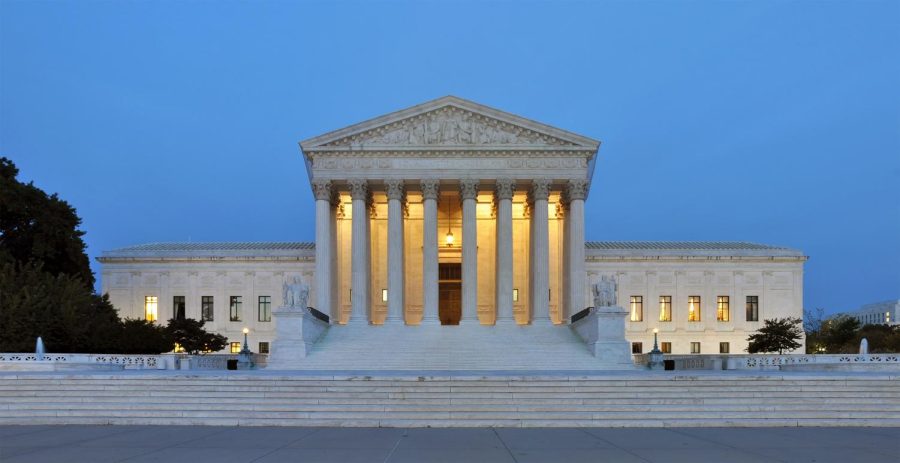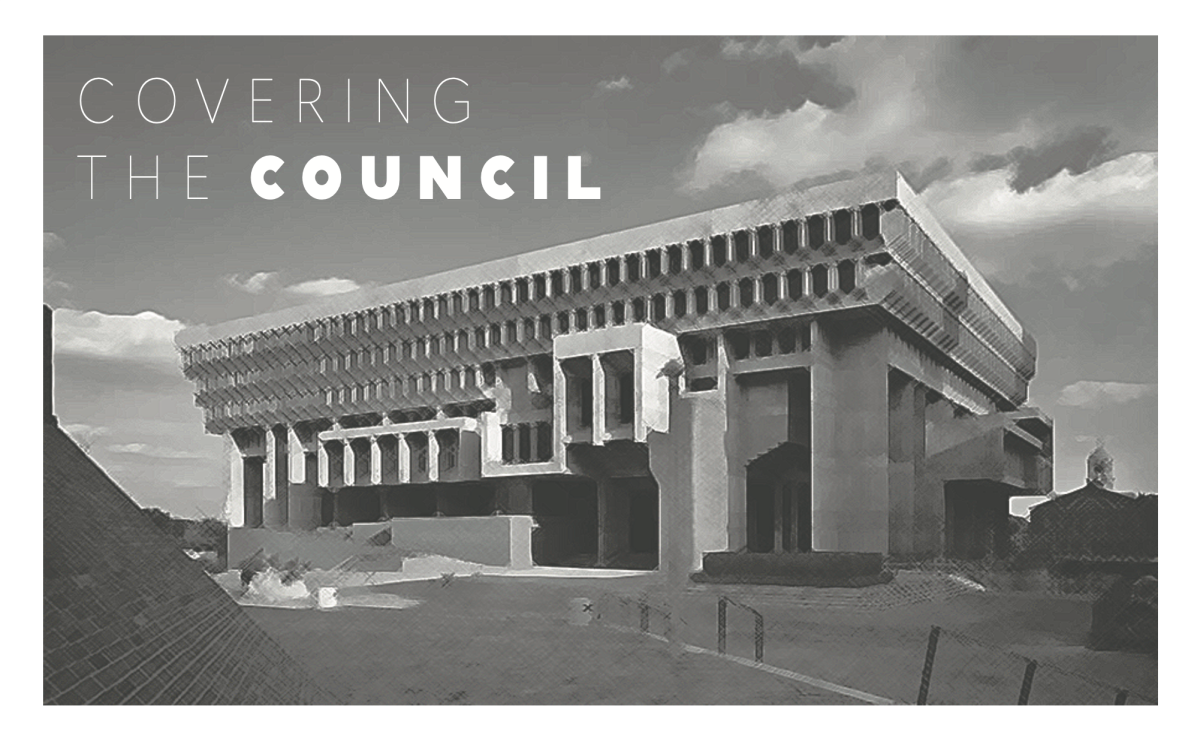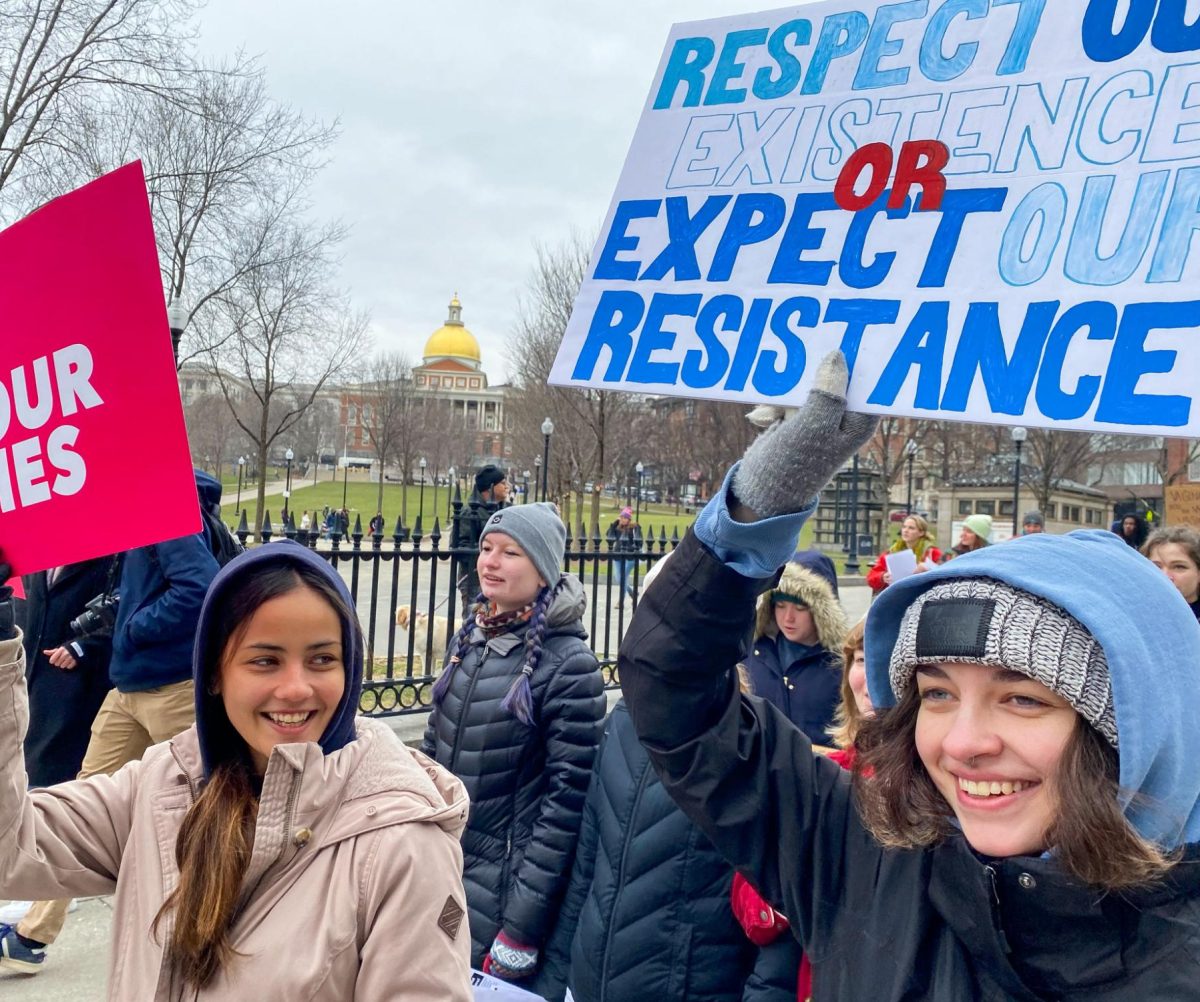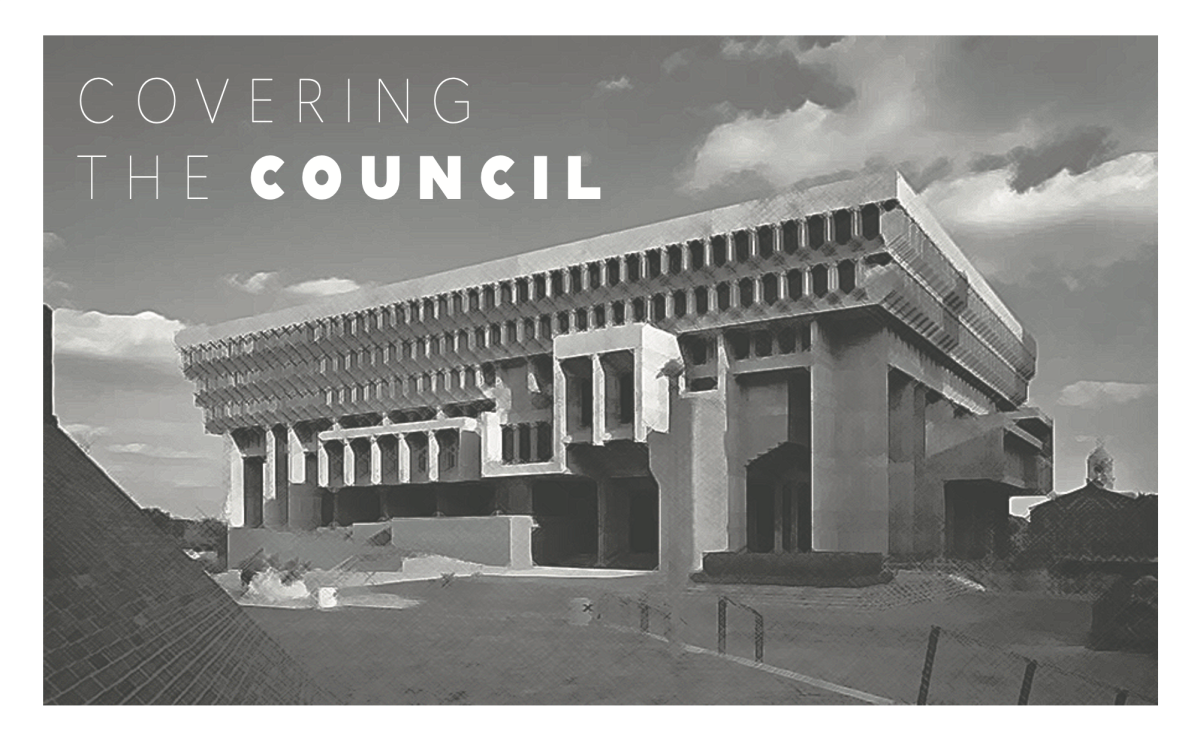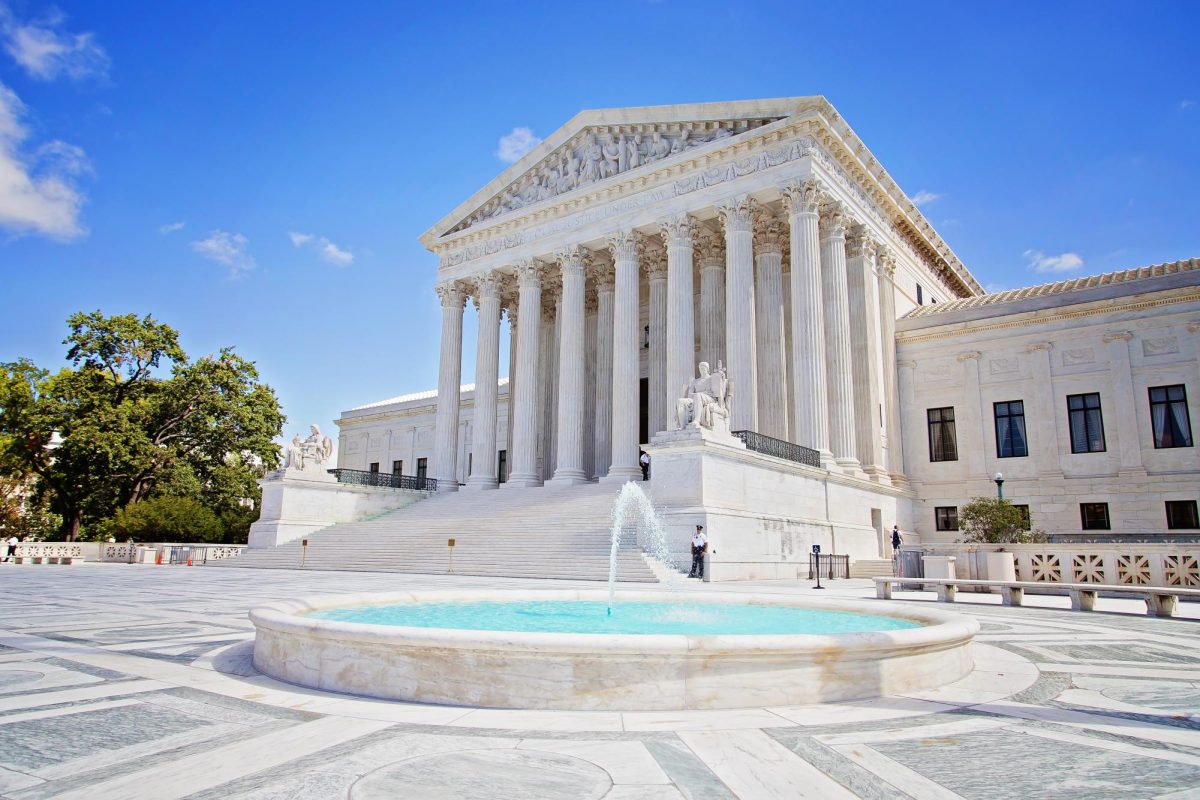The justices of the Supreme Court of the United States returned to the bench to begin the new term on Oct. 3 following a summer recess and the monumental decision that overturned Roe v. Wade, which removed the constitutional right to an abortion in the U.S.
This is the first term that Justice Kentaji Brown Jackson will serve following former Justice Stephen Breyer’s retirement in June. The Court has a 6-3 conservative majority, and its latest decisions have largely leaned toward the right.
A number of key cases are on the docket for the Court’s latest term, including cases regarding affirmative action, redistricting laws and discrimination against queer couples.
The Court will hear two cases about affirmative action at the end of Oct., according to the SCOTUS schedule.
Students for Fair Admissions, a nonprofit group against the use of affirmative action, race as a factor in college admissions, has sued both the University of North Carolina and Harvard University over their admissions processes. The group claims that the universities’ admissions policies are unconstitutional because they consider race when accepting or rejecting applicants and that Harvard discriminates against Asian applicants.
Should the Court side with Students for Fair Admissions, it would overrule the precedent set in the 2003 case Grutter v. Bollinger, in which the Court ruled that universities were permitted to use race as one element of a holistic review of applicants. Adam Liptak, a SCOTUS correspondent at the New York Times, said in the Times’ podcast The Daily that this decision could potentially change how college admission decisions are made in a dramatic fashion.
“It will be an earthquake in higher education because it will make it unlawful for universities to try to achieve educational diversity, as many of them do, by making sure there’s a critical mass of minority students, notably Black and Hispanic students,” said Liptak.
On Tuesday the Court heard arguments regarding the role of race in drawing congressional voting districts. In Alabama, there are seven congressional voting districts. The state’s population is about 27% Black, which means there could potentially be two districts with majority Black voters, according to Liptak. When the districts were redrawn following the census, there was one district with a majority Black population.
The appellants claim the voting districts were purposefully gerrymandered by the state legislature in an effort to reduce the political power of Black voters in Alabama, which violates the Voting Rights Act of 1965.
In 303 Creative LLC v. Elenis, a web designer claimed that she was permitted to refuse to create websites that celebrate same-sex marriage under her First Amendment rights. The Court heard a similar case in 2018, where the owner of a bakery in Colorado refused to make a wedding cake for a gay couple.
The Court ultimately ruled in favor of the baker but did not answer the question as to whether a business can discriminate against a Queer couple on the basis of the rights guaranteed in the First Amendment, and whether those rights supersede state anti-discrimination laws.
Follow Leo on Twitter @leowoods108


